
In today’s rapidly evolving workplace, behaviors and norms that were once considered acceptable are increasingly viewed through a lens of heightened sensitivity and professionalism. This shift reflects broader societal changes, advances in technology, and a growing emphasis on inclusivity and respect in the professional environment. As we navigate these changes, it’s essential to stay informed about which behaviors have transitioned from the norm to the unacceptable. This article delves into the top 10 workplace behaviors that have made this transition, offering insights into how and why these shifts have occurred and providing guidance for maintaining professionalism in the modern workplace.
1. Long Lunch Breaks

Gone are the days when taking extended lunch breaks was a common and accepted practice. In the past, it was not unusual for employees to enjoy leisurely lunches, often extending beyond the allocated time without significant repercussions. Today, such behavior is viewed as unprofessional and indicative of poor time management.
The modern workplace values efficiency and productivity and taking excessively long breaks can disrupt workflow and affect team dynamics. Employers now often expect employees to adhere strictly to break times, with flexibility being granted in a more structured manner that doesn’t compromise work output. This shift reflects a broader trend towards optimizing workplace efficiency and ensuring that all employees are contributing equitably to team efforts.
2. Casual Dress Codes

While many workplaces have embraced casual dress codes, especially with the rise of tech companies and startups, there’s a fine line between casual and too casual. What was once an acceptable level of informality in attire is now often deemed unprofessional in many settings.
Wearing overly casual clothes, such as flip-flops, shorts, or tank tops, can detract from the professional image a company aims to project, especially in client-facing roles or industries that traditionally value formal attire. The trend towards casual dress codes has not eliminated the need for professionalism in appearance; rather, it has redefined it, requiring employees to strike a balance between comfort and maintaining a professional image.
3. Not Using Email
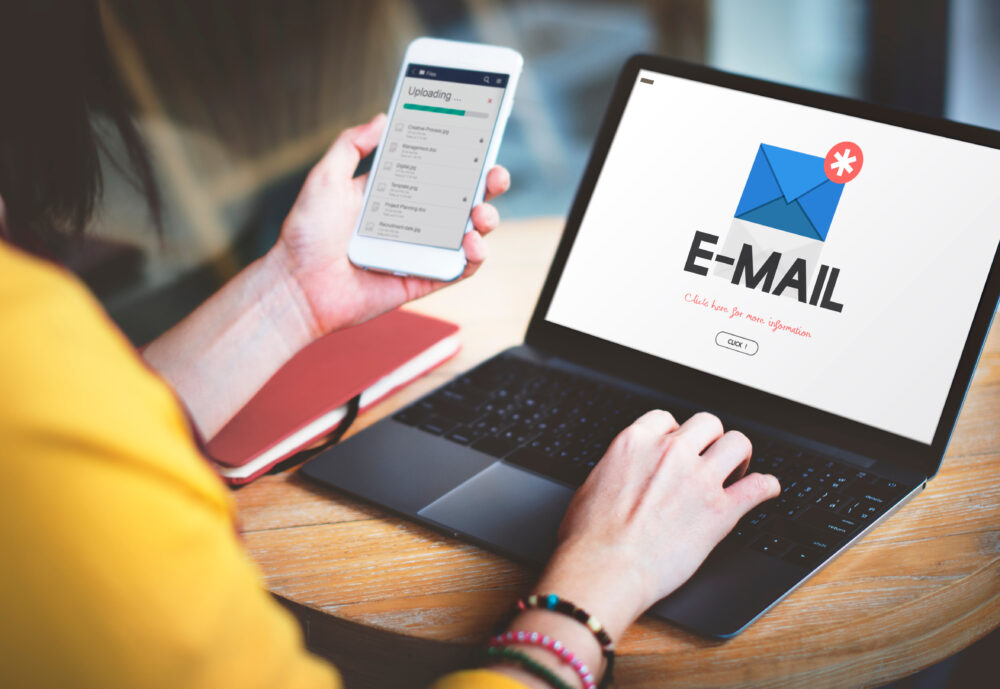
In the early days of digital communication, not using email regularly was commonplace, with many professionals relying on phone calls or face-to-face meetings. However, in today’s fast-paced and globally connected business environment, not using email or not checking it frequently is considered unprofessional.
Email has become a critical tool for timely and efficient communication, and ignoring it can lead to missed deadlines, overlooked opportunities, and communication breakdowns. The expectation now is that employees will monitor their email regularly and use it as a primary means of professional communication, reflecting the broader shift towards digital proficiency in the workplace.
4. Smoking in the Office

There was a time when smoking in the office was not only permitted but was also a common practice. Today, smoking inside workplace buildings is universally deemed unprofessional and is often strictly prohibited due to health concerns and the desire to maintain a clean and comfortable working environment for all employees.
This change is part of a broader societal shift towards promoting health and wellness, and it reflects increased awareness of the risks associated with secondhand smoke. Companies now frequently offer resources to support employees who wish to quit smoking, emphasizing a commitment to employee health and well-being.
5. Excessive Personal Calls

Making personal phone calls during work hours was once a common practice, with employees frequently using company time to manage personal affairs. This behavior is now considered unprofessional, as it can distract from work responsibilities and disrupt the office environment.
The modern workplace expects employees to minimize personal calls and focus on work tasks during business hours, with allowances for personal time being clearly defined and limited. This shift underscores the importance of maintaining clear boundaries between personal and professional life, ensuring that work time is dedicated to work-related activities.
6. Rigid 9-to-5 Work Hours
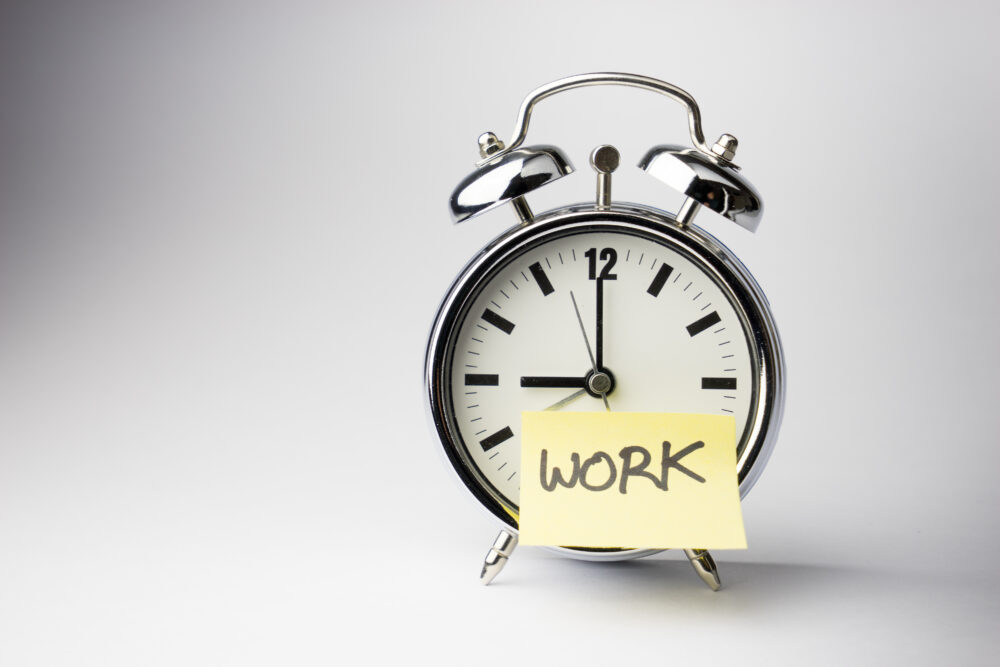
The traditional 9-to-5 workday, once the standard, is increasingly viewed as an outdated and inflexible approach to work. With the advent of technology and the rise of remote work, employees are now often expected to have some level of flexibility in their work hours.
Adhering rigidly to a 9-to-5 schedule without the willingness to accommodate project demands or team needs can be seen as unprofessional. Employers now value adaptability and the ability to work outside traditional hours when necessary, reflecting a shift towards outcome-based performance rather than strict adherence to clocked hours.
7. Ignoring Social Media Etiquette
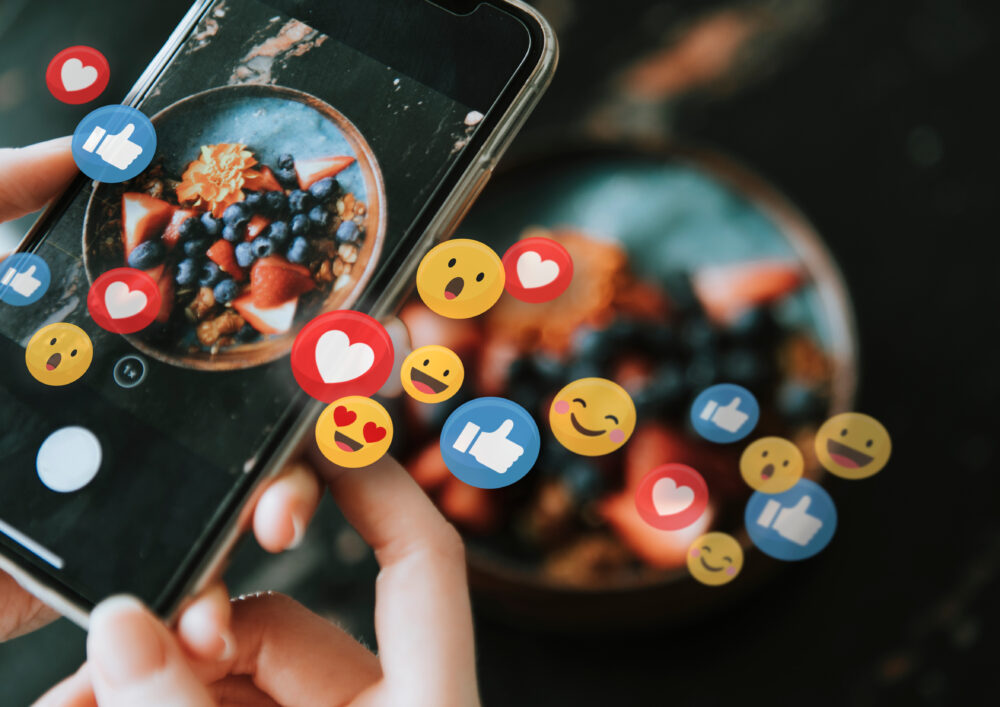
While social media was once a personal platform with little relevance to the professional world, it has now become intertwined with professional branding and networking. Posting inappropriate content or ignoring the professional implications of social media activity is considered unprofessional.
Professionals are now expected to maintain a level of decorum on social media, recognizing that their online presence can reflect on their employer and their own professional reputation. This shift highlights the blurring lines between personal and professional lives and the need for careful management of one’s digital footprint.
8. In-Person Only Meetings

The preference for in-person meetings – without considering remote or virtual options – is a behavior that has shifted significantly. With the globalization of business and the advancements in video conferencing technologies, insisting on in-person meetings can be seen as unprofessional and inconsiderate of others’ time and resources.
The modern workplace values flexibility and efficiency, often preferring virtual meetings that can save time and accommodate participants from different locations. This change reflects the broader digital transformation in the workplace and the importance of leveraging technology to enhance productivity.
9. Paper-Only Documentation

Relying solely on paper for documentation and record-keeping is a practice that has become outdated and is now seen as unprofessional. The digital revolution has made electronic documentation the norm, offering benefits such as easier access, better security, and environmental sustainability.
Clinging to paper-based processes can signal a resistance to change and a lack of efficiency, qualities that are increasingly important in the fast-paced, modern workplace. This shift underscores the importance of embracing digital tools and processes to stay competitive and efficient.
10. Lack of Diversity and Inclusion Awareness
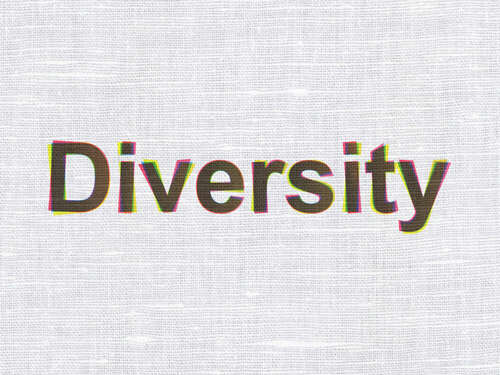
Previously, discussions around diversity and inclusion may have been limited or non-existent in the workplace. Today, however, a lack of awareness or sensitivity towards diversity and inclusion issues is considered unprofessional.
Modern workplaces are increasingly focused on creating inclusive environments that value and respect differences. This includes being mindful of language and cultural sensitivities, as well as fostering an atmosphere where all employees feel valued and included. The shift towards prioritizing diversity and inclusion reflects broader societal changes and the recognition of the value that diverse perspectives bring to an organization.
The Dynamic Nature of Workplace Norms
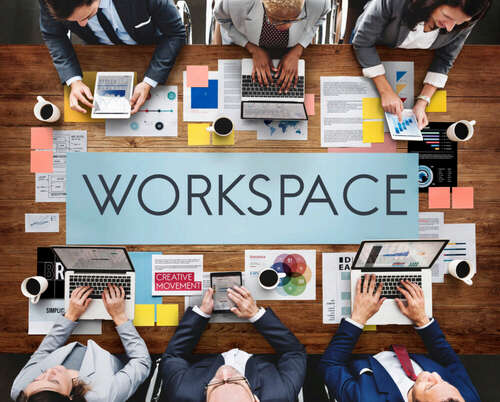
These shifts in workplace behaviors highlight the dynamic nature of professional norms and the importance of adapting to maintain a positive and productive work environment. Staying informed and flexible in the face of these changes is crucial for professionals looking to navigate their careers successfully in the modern workplace.
Can you think of any other workplace behaviors that were once the norm but are no longer acceptable? Share your thoughts in the comments below.
Read More:
- Workforce Aging: 15 Ways Baby Boomers May Be Impacting the Career Prospects of Younger Generations
- Dead-End Jobs: The Grim Reality of Working in These 10 Professions
Come back to what you love! Dollardig.com is the most reliable cash back site on the web. Just sign up, click, shop and get full cash back!



